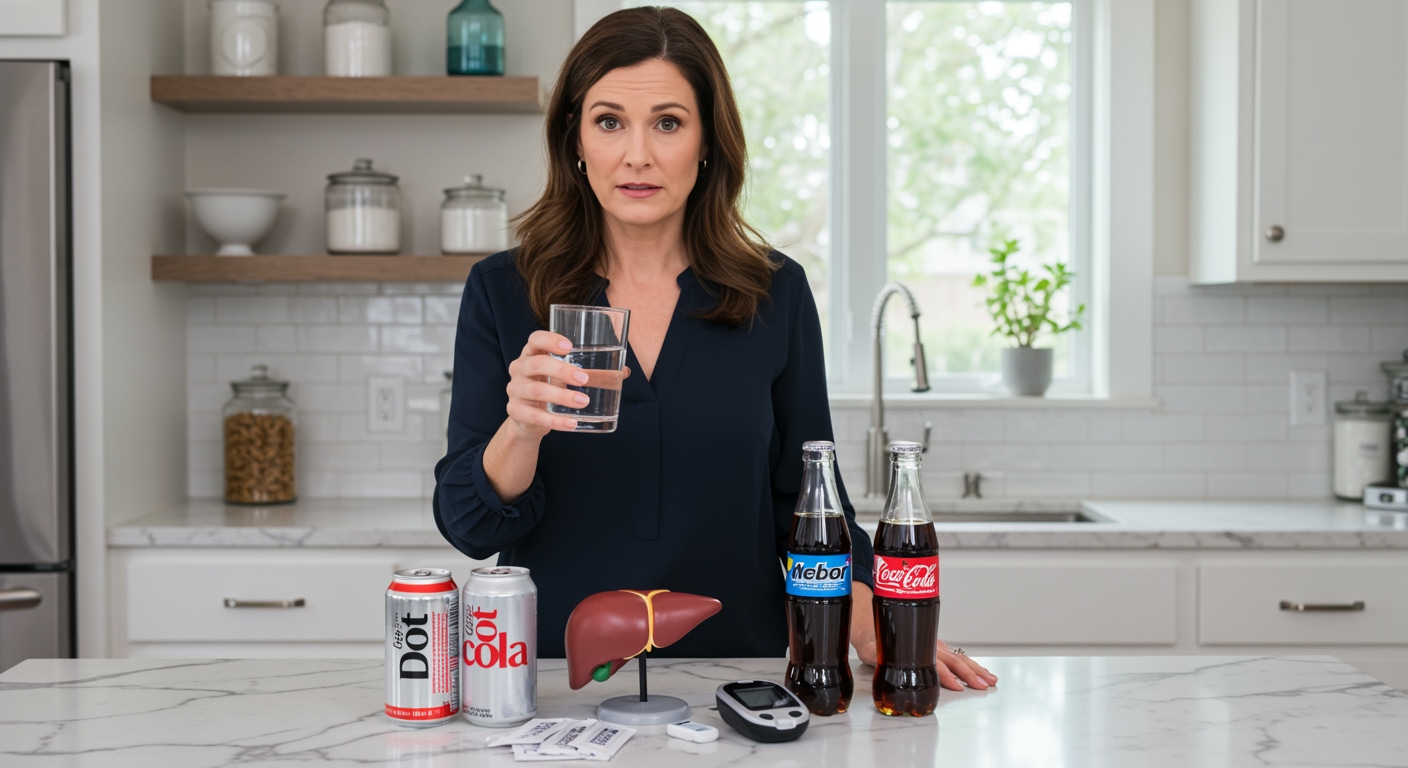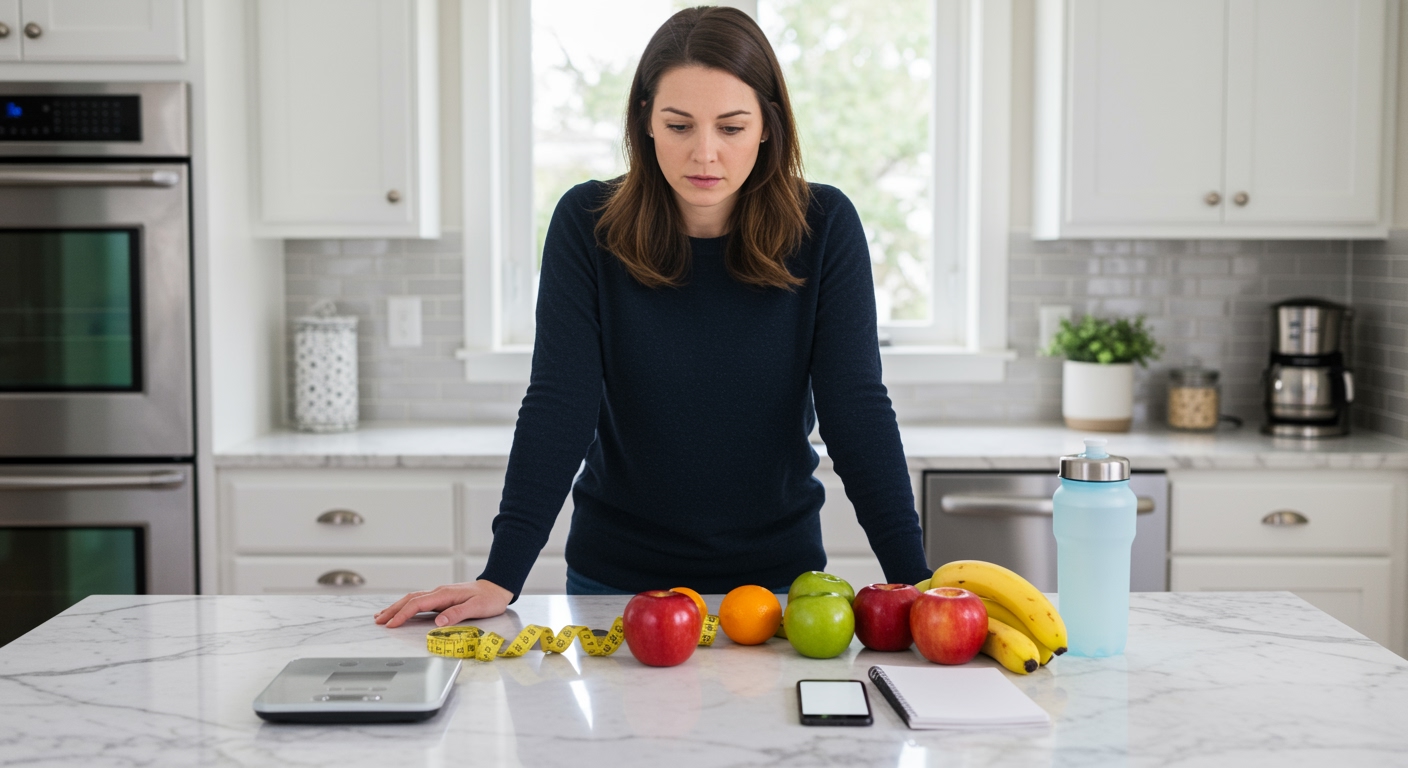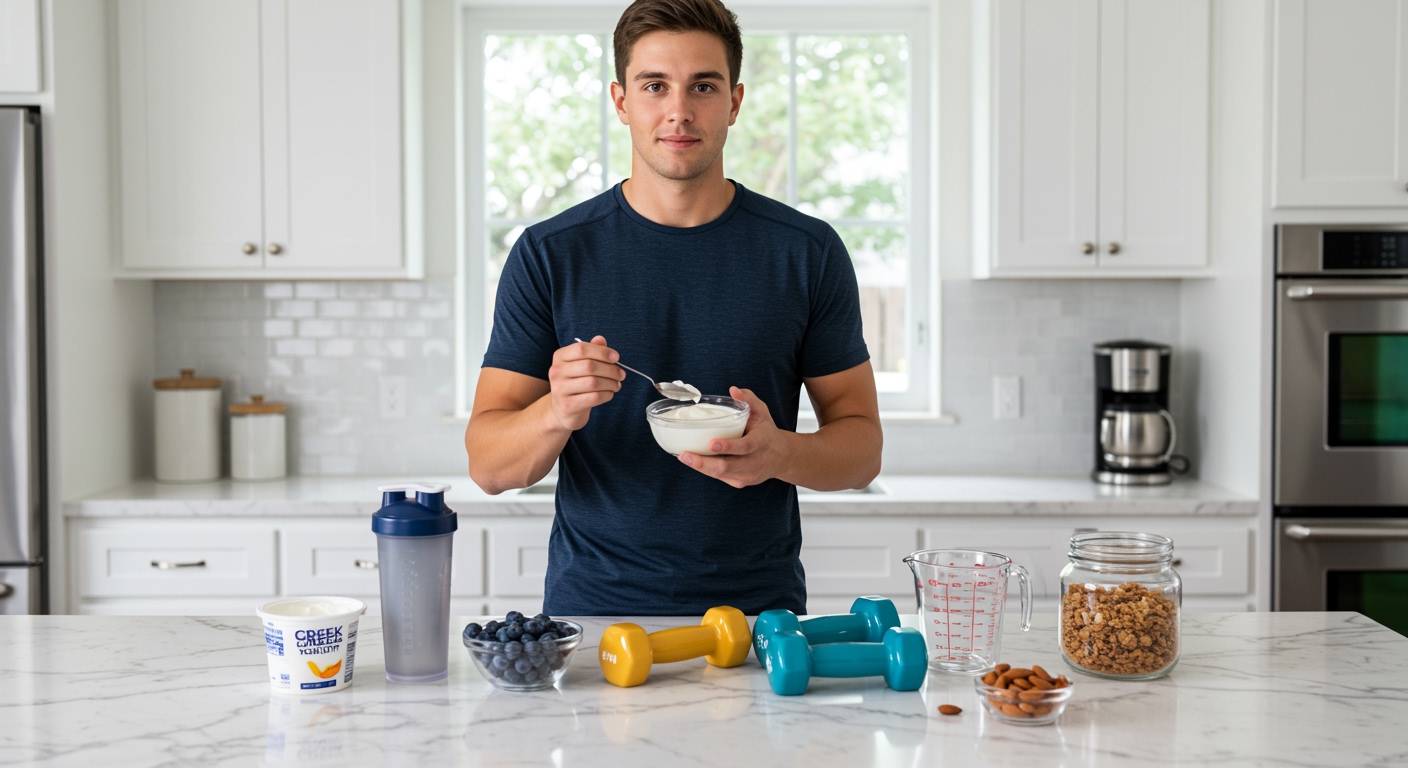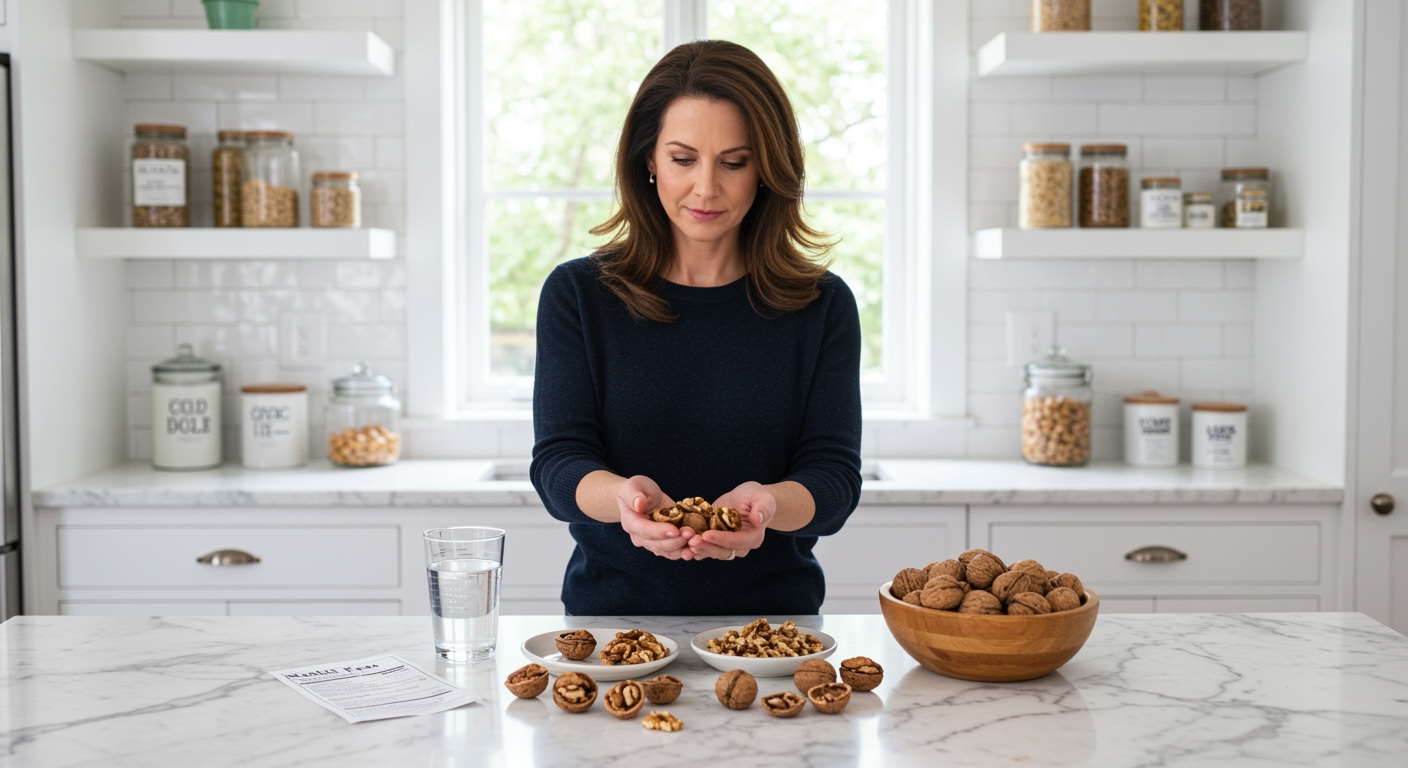✪ Key Highlight: Diet soda increases type 2 diabetes risk by 38%, surpassing the 23% risk from regular sugary drinks in 14-year study.
Introduction
You reach for diet soda thinking you made the healthier choice.
A groundbreaking 14-year study following over 36,000 Australians reveals that diet soda increases diabetes risk by 38% – significantly higher than the 23% risk from regular sugary drinks.
Hi, I’m Abdur, your nutrition coach and today I’m going to analyze this shocking research that challenges everything we believed about artificial sweeteners and diabetes prevention.
What Makes This Study Different From Previous Research?
This Australian study published in Diabetes & Metabolism tracked 36,000 participants aged 40 to 69 for an average of 14 years.
Researchers used advanced statistical methods to account for lifestyle factors, obesity levels, and socioeconomic status that could influence results.
The study design eliminated many confounding variables that plagued earlier research on artificial sweeteners.
Participants were grouped by beverage consumption frequency, ranging from never drinking sweetened beverages to consuming more than one daily.
The robust methodology makes these findings more reliable than previous observational studies on this topic.
When researchers adjusted for body weight, the link between sugary drinks and diabetes disappeared, but the artificial sweetener risk remained strong.
This suggests something unique about artificial sweeteners beyond their association with weight management.
✪ Fact: The diabetes risk from diet soda remained significant even after accounting for participants’ body weight and lifestyle factors.
Why Do Artificial Sweeteners Increase Diabetes Risk More Than Sugar?
Artificial sweeteners may disrupt your body’s normal response to sweetness in ways that regular sugar does not.
These synthetic compounds can alter brain reward pathways, making you crave more food and consume additional calories throughout the day.
Research shows that long-term artificial sweetener use changes how your brain processes sweet tastes.
Your body expects calories when it tastes sweetness, but artificial sweeteners provide none, creating metabolic confusion.
This confusion may lead to insulin resistance over time, a key factor in type 2 diabetes development.
Studies suggest artificial sweeteners can also alter gut bacteria composition, affecting glucose metabolism and insulin sensitivity.
The metabolic disruption from artificial sweeteners appears more complex and potentially harmful than the straightforward caloric impact of sugar.
✪ Pro Tip: Your brain cannot distinguish between artificial and natural sweetness, leading to the same dopamine response and potential overconsumption.
How Do These Findings Compare To Other Major Studies?
A study published in Diabetes Care found that daily diet soda consumers had a 67% greater risk of developing type 2 diabetes compared to non-consumers.
This research also adjusted for demographics and lifestyle factors, confirming that the risk stems from the beverages themselves.
Multiple studies now show consistent patterns linking artificial sweeteners to metabolic syndrome, a cluster of conditions increasing diabetes and heart disease risk.
The evidence suggests that zero-calorie sweeteners may still contribute to weight gain and metabolic problems, especially in overweight individuals.
Medical experts increasingly recognize that artificial sweeteners carry their own health risks separate from caloric concerns.
The consistency across different populations and study designs strengthens the scientific consensus about these risks.
✪ Note: Multiple independent studies across different countries now show similar patterns linking diet sodas to increased diabetes risk.
Could Reverse Causality Explain These Results?
Reverse causality occurs when people already at risk for diabetes switch to diet sodas to reduce calories, making it appear that diet sodas cause the problem.
Researchers addressed this concern through sensitivity analyses that account for participants’ baseline health status and risk factors.
Even after controlling for pre-existing diabetes risk factors, daily diet soda consumption still predicted higher diabetes development rates.
The studies followed healthy participants over many years, tracking their beverage habits before any diabetes diagnosis.
This longitudinal approach helps establish that diet soda consumption preceded diabetes development rather than the reverse.
While reverse causality may explain some associations, it cannot fully account for the consistent findings across multiple well-designed studies.
✪ Fact: Researchers tracked healthy participants for years before any diabetes diagnosis, strengthening the evidence that diet sodas contribute to risk.
What Should Health Policies Address Moving Forward?
Professor de Courten from Monash University emphasizes that current policies focus primarily on sugary drink taxes while ignoring artificially sweetened alternatives.
Future health policies should take a broader approach to reducing intake of all non-nutritive beverages, not just those containing sugar.
Marketing regulations need updating since artificial sweeteners are often promoted as healthier alternatives despite emerging evidence of their risks.
Public health campaigns should educate consumers that zero-calorie does not equal zero-risk when it comes to metabolic health.
Healthcare providers need better guidance on counseling patients about beverage choices beyond simple calorie counting.
The research suggests that water and unsweetened beverages remain the safest options for diabetes prevention.
✪ Pro Tip: Focus on gradually reducing all sweetened beverages rather than simply switching from regular to diet versions.
The Bottom Line
This comprehensive research challenges the widespread belief that diet sodas offer a safe alternative to regular sugary drinks for diabetes prevention.
The healthiest beverage choice remains water, followed by unsweetened options that do not trigger metabolic confusion in your body.
I would love to hear your thoughts on this research and any questions you might have about making healthier beverage choices in the comment section below.
References
At NutritionCrown, we use quality and credible sources to ensure our content is accurate and trustworthy. Below are the sources referenced in creating this article:
- PMC: Artificial sweeteners and risk of type 2 diabetes
- New Atlas: Just one diet drink a day may raise diabetes risk
- PMC: Diet soda intake and risk of incident metabolic syndrome
- Medical News Today: Diet sodas may raise diabetes risk more than sugary drinks
- Science Alert: Just one diet soda a day may raise type 2 diabetes risk





